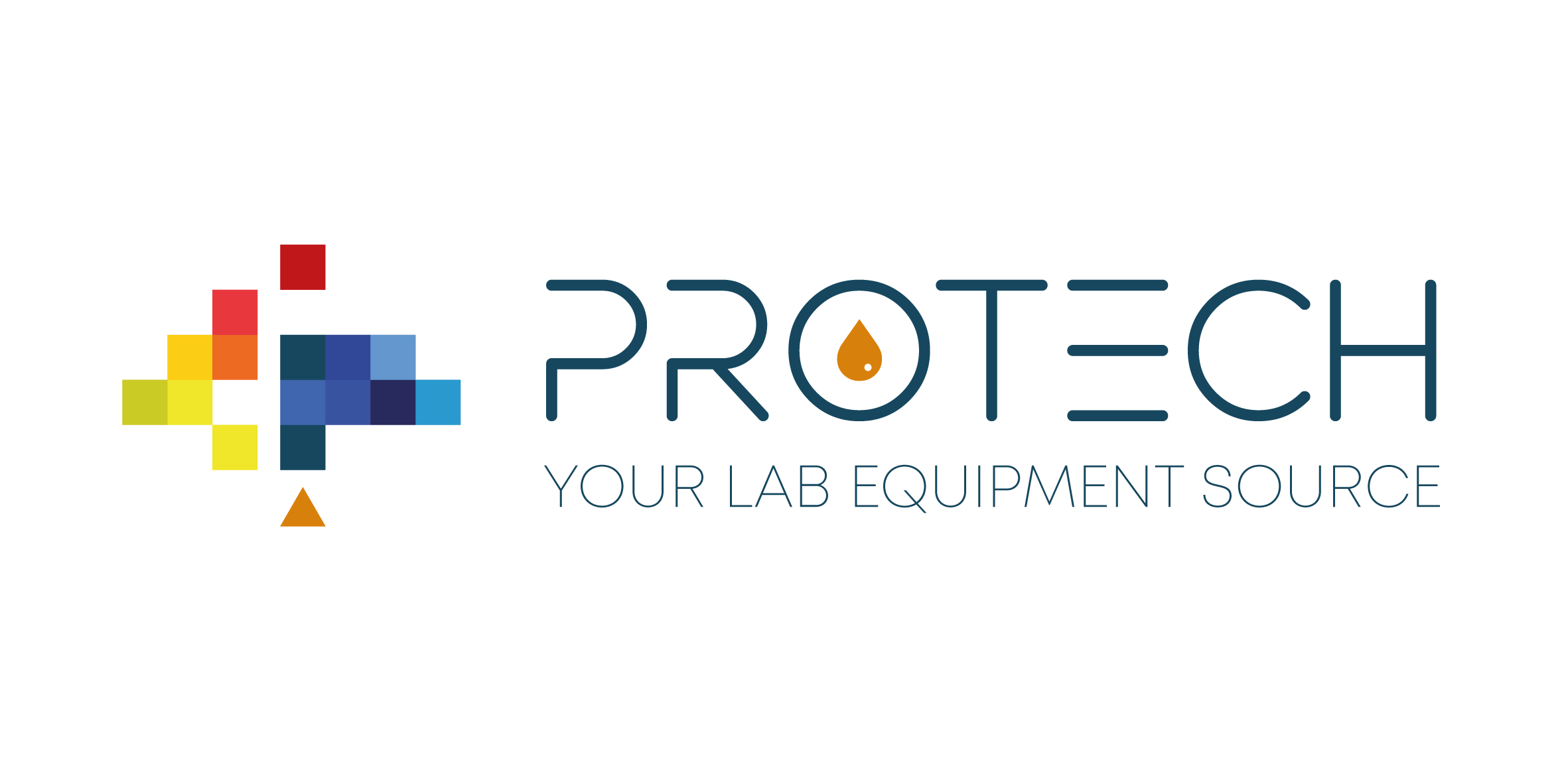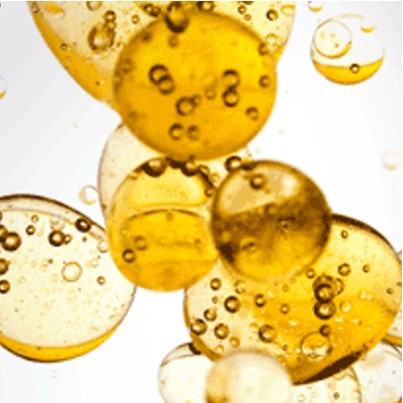In a published paper on biodiesel blend quality submitted by the National Renewable Energy Laboratory, the chief problem found with biodiesel blends was inaccurate blend ratios. Retail customers and fleet managers do not typically worry about whether the blend ratio is correct until a problem occurs. For fleet managers, an incorrect blend can mean a total shutdown of operations. On the regulatory side, the increase in fuel costs combined with the financial rewards of tax rebates and credits have allowed for shady characters to take advantage of inadequate testing programs by adding less biofuel than stated or adding other components to extend the fuel such as pure vegetable oil, jet fuel or kerosene.
Cold weather performance, engine performance, warranty issues, and tax incentives are all motivations to having an accurate, portable and reliable biodiesel blend measurement. A quick analytical measurement method to assess the blend ratio can be a valuable asset for fuel distributors, engine manufacturers, fleet operators, and regulatory agencies.
The InfraCal 2 Biodiesel Blend Analyzer and the InfraCal2 Ethanol Blend Analyzer are the ideal solution where a quick, accurate, on-site measurement is required and a single, repetitive biodiesel blend analysis is needed. The InfraCal 2 is based on proven IR technology, originally developed by Wilks, and used by regulatory agencies and fuel terminals worldwide.


